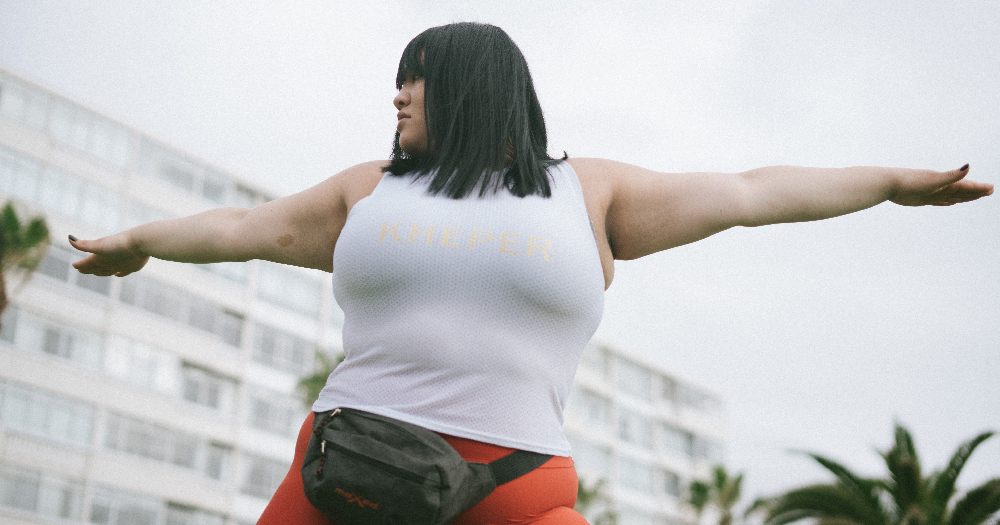CW: body image and eating disorders
Fat talk is the act of making belittling comments about our body and weight. It can sound like “Ugh I look so fat”, “Look at my thighs, I need to diet” and “I’m gonna be a whale if I keep eating like this”. The common theme is that it reinforces thin beauty ideals. It reiterates that thin bodies have more value than larger ones.
Now, amid a global pandemic, fat talk is really having its moment. Have you seen memes about gaining weight in isolation? They’re everywhere. One meme suggests that Netflix should change the “Are you sure you’re still watching?” notification to “Are you sure you want to eat that?”. Even the infamous “freshman-15” has been rebranded to the quarantine-15 and the COVID-19.
But they’re just jokes, right?
Fat talk and our body image are not friends. It’s linked with a higher drive for thinness, lower body esteem, stricter diets, cognitive distortions about our body and perceived pressure to be thin.
Quarantine is already hard for people with complicated relationships with food. Lack of access to gyms can make us feel “lazy” which leads to stricter diets. Stockpiling food at home can lead to more food binges. Fat talk adds to this stress around food.
The popularity of these jokes showcases the power of the diet industry. An industry that tells us that we must resist weight gain at all times, even during a global pandemic. This rhetoric is predicated on the idea that smaller bodies have greater value than larger ones – which simply isn’t true.
How to keep fat talk 2 meters away
Fat talk is hard to escape. But luckily, there are steps we can take to reduce its impact on us.
Firstly, let’s stop using fat talk. Engaging in fat talk has a greater impact on us than simply hearing it. While we may not be able to get these memes off the internet, we can make an effort to stop using them ourselves.
Secondly, we can kindly challenge fat talk. A study showed that doing this makes people feel more supported and less shame. In this study by Jacqueline Mills and colleagues*, fat talk was challenged by saying: “‘Come on, don’t be silly! I know everyone says things like that, but I wish they wouldn’t. The media and society want you to believe that your appearance is the most important thing about you, but it isn’t”. What a kind way to answer a friend that’s stressing about their body?
Remember that we’re doing our best to get through this pandemic. We’re already stressed. Our lives have hugely changed. The last thing we need is more stress about our weight. Let’s be kind to ourselves. Let’s keep fat talk two meters away.
Follow Aisling Mangan’s work at mangodietitian.com and on Instagram @mangodietitian
*Study Quoted: Jacqueline Mills, Olivia Mort, Steven Trawley, 2019, Research on challenging fat talk: The impact of different responses to fat talk on body image and socioemotional outcomes
© 2020 GCN (Gay Community News). All rights reserved.
Support GCN
GCN is a free, vital resource for Ireland’s LGBTQ+ community since 1988.
GCN is a trading name of National LGBT Federation CLG, a registered charity - Charity Number: 20034580.
GCN relies on the generous support of the community and allies to sustain the crucial work that we do. Producing GCN is costly, and, in an industry which has been hugely impacted by rising costs, we need your support to help sustain and grow this vital resource.
Supporting GCN for as little as €1.99 per month will help us continue our work as Ireland’s free, independent LGBTQ+ media.
